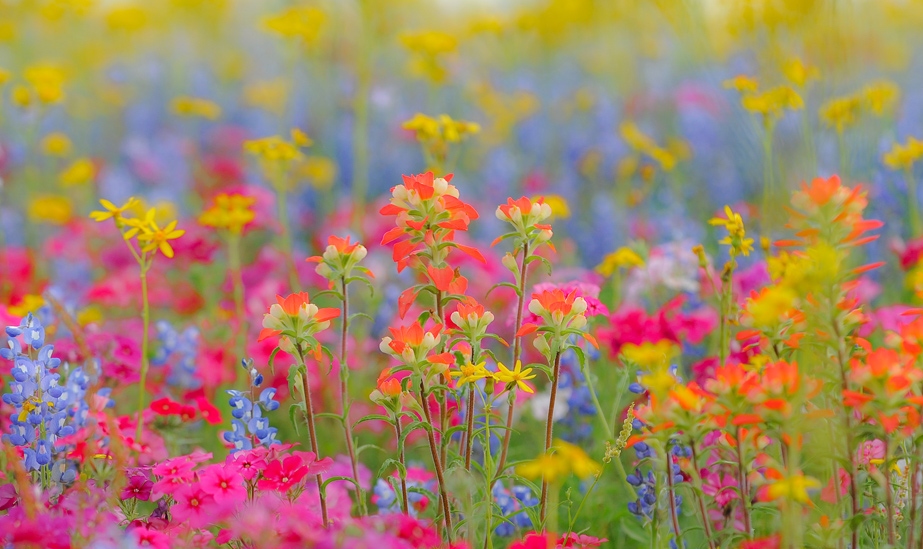
It is a widely known fact that the use of pesticides is severely harming our planet. Wildflowers, however, are home to many beneficial insects including lacewings, ladybugs, hover flies and parasitic wasps. These insects act as natural predators to common crop pests like cereal leaf beetles and aphids.
“The answer is a steady move toward regenerative agricultural techniques like crop rotation, mechanical weeding, planting of cover crops and wildflowers and other nonchemical forms of pest control to successfully lessen pesticide use and restore soil health.
Such strategies work, and research published in Nature Communications suggests that converting conventional cropland to organic reduces pesticide usage and, when combined with other changes like cutting food waste and cutting back on CAFO meat, “can contribute to feeding more than 9 billion people in 2050, and do so sustainably.”27 You can help on an individual level as well, by supporting organic farms and choosing organic food as much as possible, along with reducing pesticide use at your own home.
Swap out toxic pesticide and lawn chemicals for organic weed and pest control alternatives or, better yet, get rid of your lawn altogether and plant a wildflower meadow or edible organic garden. Wildflowers, by their very nature, are easy to grow, and planting them in your yard will give you the same benefits that farmers reap: reduced pests and increased beneficial insects and pollinators — not to mention their natural beauty.”
Click to read the original article by Dr. Mercola
Sources:
“Wildflowers Are the Best Pesticide” by Dr. Mercola








